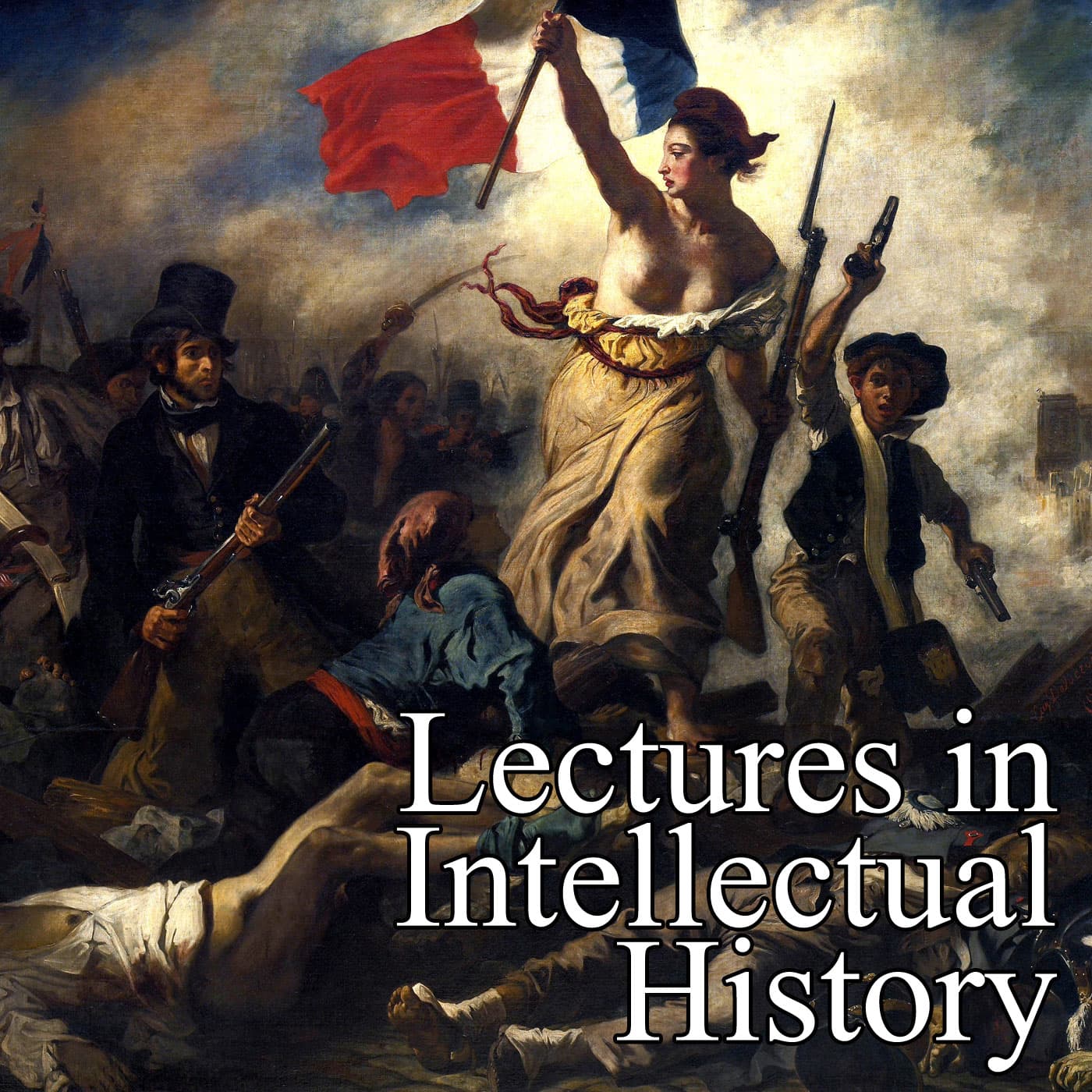Miscellaneous
Dr Lucia Rubinelli (Cambridge) delivered the 18th István Hont Memorial Lecture on October 29 2019 at the University of St Andrews This paper is the third chapter of a book manuscript, titled Constituent power. A history. The book mainly focuses on how Sieyes’ first theorisation of pouvoir constituant has been used and misused by subsequent theorists, including Carl Schmitt and Hannah Arendt. In this chapter, I argue that Schmitt theorised constituent power as the democratic embodiment of sovereignty. Schmitt’s collapse of constituent power and sovereignty is well known, but I suggest that he did not simply take the two ideas to be interchangeable. Rather, he aimed to introduce a meaning for popular power that could be consistent with his definition of sovereignty as the power to decide on the exception. This was not provided by ideas of national and parliamentary sovereignty. The latter gave birth to liberal parliamentarianism, which he accused of dissolving the essence of sovereignty; the former encouraged direct and local democracy, which prevented the prompt expression of the sovereign will. By contrast, Schmitt found in Sieyes’ idea of constituent power a way to associate the extra-ordinary character of his account of sovereignty to the democratic principle of popular power. He thus presented constituent power as the meaning of sovereignty in democratic states. On his interpretation of Sieyes’ theory, constituent power belonged to the nation but, to be exercised, needed to be represented by a unitary figure, approved through plebiscites, and able to embody the unity of the nation acting as a unitary instance of decision: the sovereign dictator. The result is a complete reversal of Sieyes’ theory.

